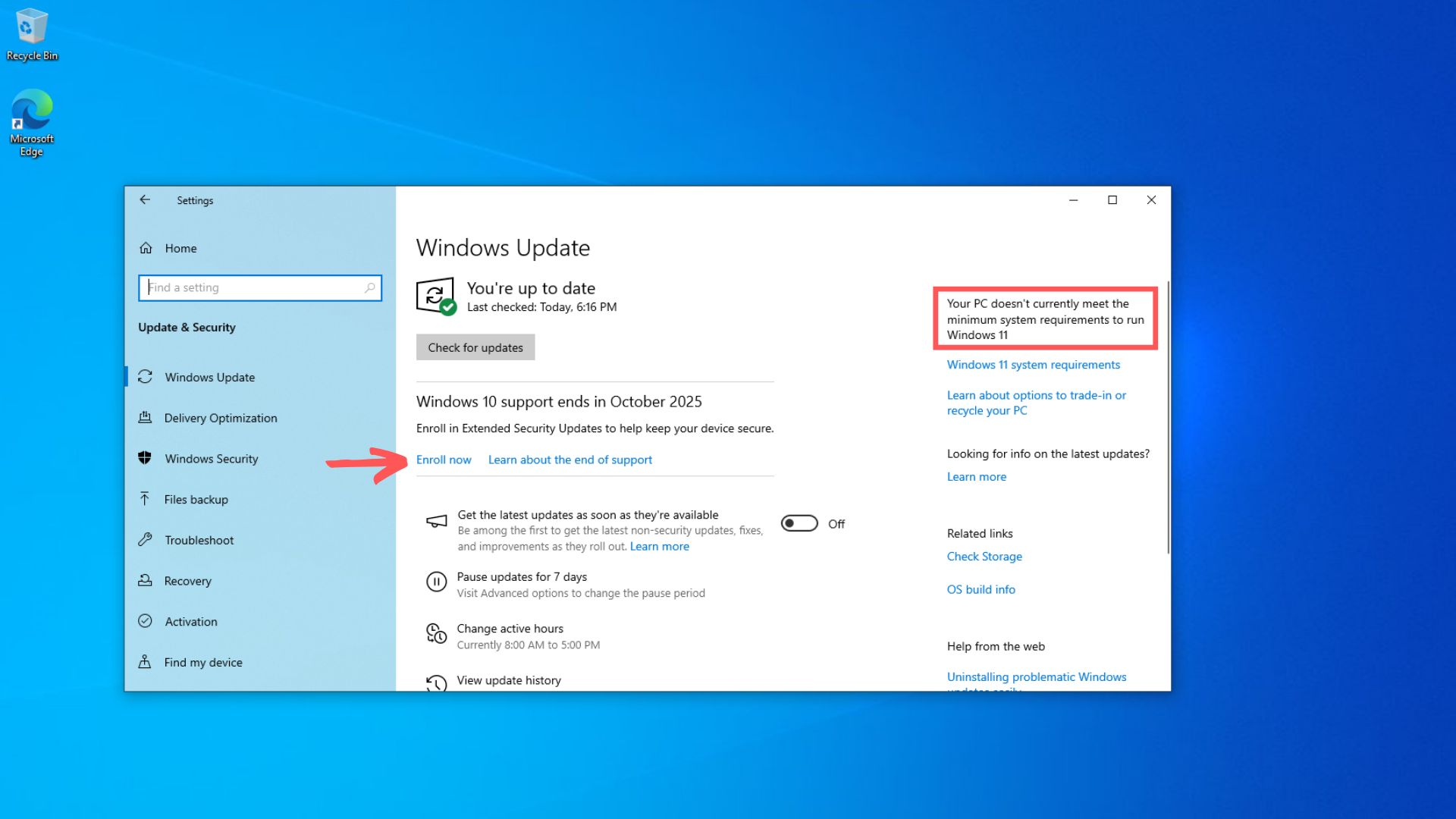AI has been coming for Wikipedia for years. Now the moment is finally here, thanks to the deep pockets of Elon Musk. Grokipedia, which was launched by the X boss this week, represents serious competition.
Previous efforts to establish a rival to Wikipedia have entailed making a clone of the code base and then attempting to recruit an army of volunteers to maintain the “fork”. This is exactly what the resource’s co-founder Larry Sanger attempted to do in 2006 with a project called Citizendium, which failed to gain traction.
However, Grokipedia takes a different approach. AI will scrape the content and transform it, while human oversight is largely absent. Ironically, Musk was able to create the site largely thanks to Wikipedia’s own permissive licensing policy. It positively encourages others to repurpose its content, and has used its platform as a political campaigning weapon, “going dark” in protest at stronger copyright laws. Wikipedia is therefore on weaker moral and legal ground than a traditional publisher in complaining about Musk’s appropriation of its content.
Indeed, Grokipedia is only doing to Wikipedia what Google is doing to newspapers and online publications in producing AI summaries. Musk’s site upsets a delicate balance, just as Google — which created large language models in-house but declined to deploy them — and others have done. Supplementing the traditional list of search results with AI summaries results in a dramatic fall in traffic to the original source — by as much as 89%, according to the Daily Mail Group in a submission to the Competition and Markets Authority. The “social contract of the open web” has been broken, in the words of Financial Times policy chief Matt Rogerson.
A more homogenous and less diverse information ecosystem is likely to be the consequence. The impact of LLMs is likely to accelerate now that the volume of AI-content on the web has surpassed the amount of material which humans create and publish. Machine-generated output is then fed back into the AIs, prompting comparisons with mad cow disease.
But will Grokipedia be more accurate, or less biased? Early reports on version “0.1” are mixed. Several articles, including from climate academic Dr Roger Pielke, report AI-generated falsehoods. From the small sample size Grokipedia has made available, some have had derogatory passages added in the name of accuracy.
Ashley Rindsberg notes how Grokipedia’s entry for the lab-leak theory does not deter the reader with the warning that it is “a conspiracy theory” (it is not), as Wikipedia does. Grokipedia will encourage a Community Notes-style process in which users can suggest amendments. But just like Community Notes, this is likely to be gamed and abused. Much of Wikipedia’s human input is spent reverting vandalism or fighting online battles, or “wheel wars”.
A sceptic might argue that on human-edited Wikipedia, hoaxes have been introduced and gone undiscovered for years, including large sections of Russian and Chinese history which turned out to be fictional. Surely, Grokipedia cannot be worse.
Yet it is utopian to imagine that technology can fix problems with deep sociological or institutional roots, and nothing gives us reason to believe that LLMs will succeed in the field of knowledge production. Wikipedia has dodged the most difficult epistemological challenge of truth or correctness with its verifiability principle: something only needs to be sourced, not accurate. “There are no remedies for truth on Wikipedia. They can only rule on behaviour,” explains Professor Heather Ford, a sociologist and academic who has studied the community.
Large language models, however, offer little hope: they are statistical word completion engines that hallucinate, and these hallucinations are endemic. With Musk’s machine experiment, we can expect a world that is at once blander and wilder.
.png)



